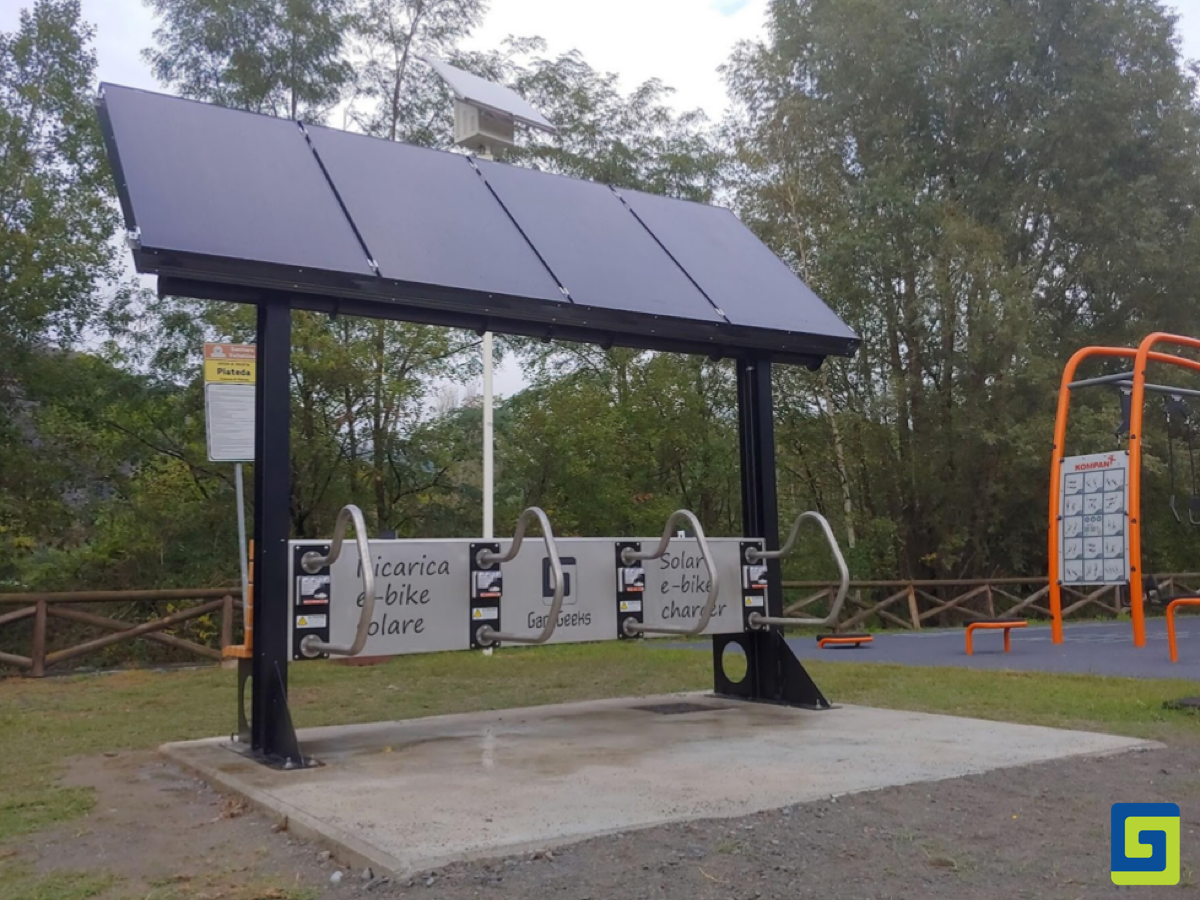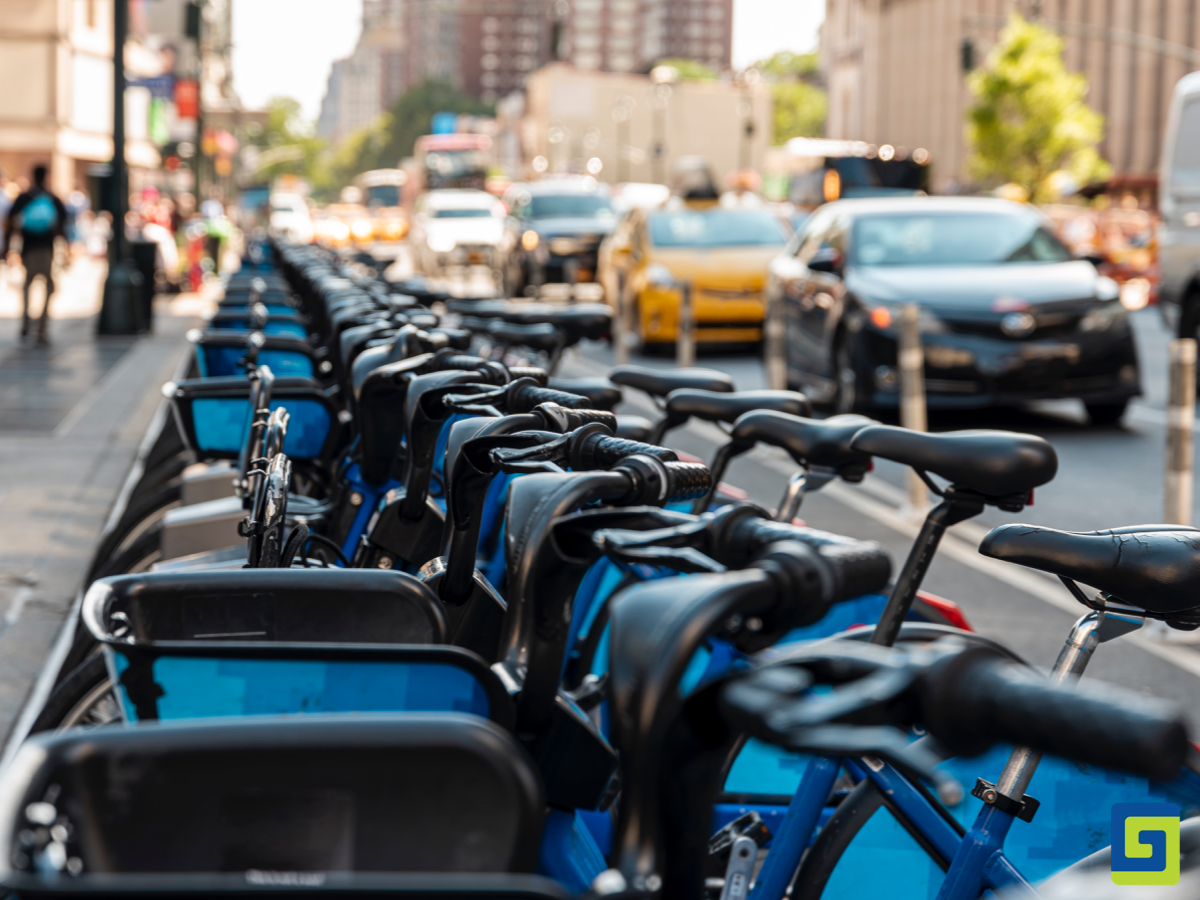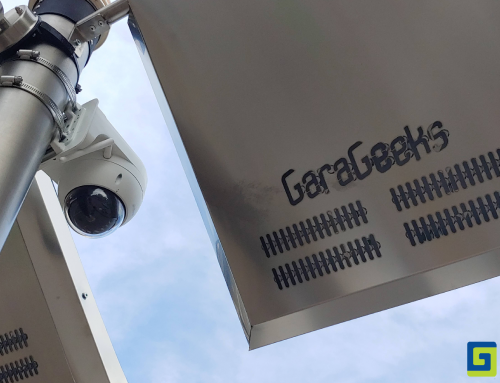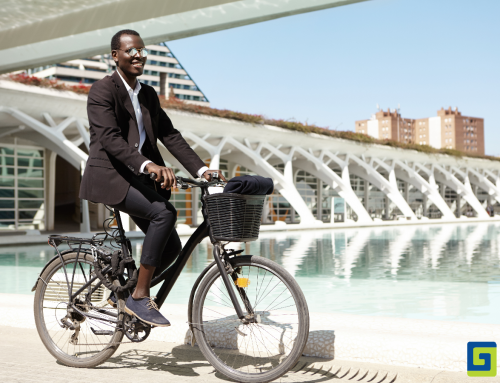The service has spread to cities and urban centers over the years, however many companies have closed down due to financial and management difficulties.
Bike sharing is a bicycle rental scheme that allows users to borrow a bicycle from one automated station and return it to another station in the system, usually located in another part of the city. In recent years, bike sharing has become increasingly popular among Italian municipal administrations: it is proposed as a solution for congested traffic in cities, as an ecological means of transport for sustainable mobility and to encourage physical activity.
How bike sharing works can vary according to the system: in general, users can access the bicycles made available by local authorities and companies through a credit card, a mobile application or a QR code. After using the two-wheeler for hire, the user should return it to a station located in the city and/or municipality. The rental price may vary depending on the time of use, the distance traveled or the number of bicycles rented. Bike sharing can be managed by a private company or a public organization and often receives incentives from local governments to promote the use of bicycles as a sustainable means of transport. Bike sharing schemes may only be available in certain areas of the city or they may cover the entire urban territory.

Pros and cons of the service
Bike sharing offers many benefits, such as the reduction of congestion and pollution, access to an affordable and sustainable transport alternative and the promotion of physical activity. However, there are also some challenges associated with bike sharing, such as the maintenance of the bikes and stations but also possible management and technical problems.
There have been a few examples of bike sharing schemes that have been shut down in the past for various reasons, including financial ones. In general, bike sharing systems can encounter economic difficulties if they fail to reach break-even, or if the demand for the services offered is lower than expected. In addition, rental bikes are often subject to vandalism and theft, which can be a significant cost to the business. In some cases, the closure of the bike sharing system may also be due to internal management problems or local regulations, which may hinder the functioning of the service.
The example of Palermo
In Italy, an example is the bike sharing system in Palermo, Sicily, which according to sources is in a state of abandonment and disuse, with many broken or unusable bicycles. The company that runs the service filed for bankruptcy and the service was shut down, leaving many bicycles on the roads. In this case various difficulties arose including the lack of maintenance of the bikes and their poor quality. Furthermore, it appears that the company has not been successful in getting enough subscriptions for the service to ensure its financial viability.
The failure of bike sharing systems, in general, represents a loss for cities and urban areas, as huge resources are invested in the adoption of the system and in promoting the use of the bicycle as a sustainable means of transport and its implementation and development of a network of cycle paths.
The solutions by GaraGeeks
To guarantee continuity, and not to waste resources, especially public resources, it would be worth investing in infrastructures useful for sustainable mobility: first of all, cycle paths which can be followed by recharging stations, refreshment areas with benches and video surveillance systems, sheds, charging for digital devices such as smartphones and e-bikes. Precisely these electric bicycles with zero impact on the environment, have a moderate value and are spreading in a capillary way, in fact leaving the management and ownership of the bicycle to private individuals, effectively ensuring lower costs for the community and greater responsibility.

Shelter combines a photovoltaic roof, bike locks, energy storage, a bench and charging points, all in one structure and one coherent design. It can charge up to 50 electric vehicles per day. It does not require any digging or connection to the electricity grid: maximum positioning flexibility and considerable cost savings for installation. Perfect in the city as a bus shelter, or in remote places such as cycle paths or off-piste paths in the hills or mountains, to encourage city micro-mobility, cycle commuting and cycle tourism.
Solar 2.0 is a sleek, unobtrusive multifunctional charger, for the Smart City: a solar-powered e-bike charging station that does not require any connection to the electricity grid and allows users to take advantage of multiple functions for free, from the Wi-Fi hotspot to recharging of smartphones, from video surveillance to the emergency call button, from recharging e-bikes, scooters and other electric vehicles to measuring air quality.
Vuoi scoprire di più su GaraGeeks e i prodotti per la sostenibilità ambientale? Contattaci.




